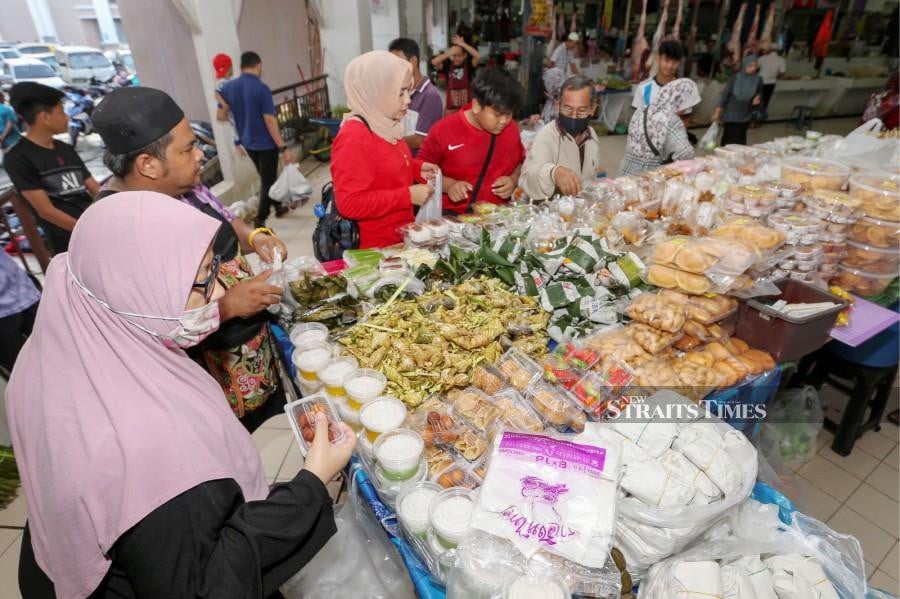The 2023 Budget will be retabled soon. It is obvious that for it to succeed, structural and major economic reforms must be put in place.
The bottom line is political considerations must not override economic concerns.
People's prosperity and wellbeing are at stake, the environment is threatened, and the economic vision and priorities seem blurry as we move beyond the pandemic.
What's needed is more than generous handouts and one-off initiatives, which do not address the root cause of the mounting economic problems.
After all, the 2023 Budget will be the first platform showcasing how the "Malaysia Madani" concept is articulated in economic terms.
Will the concept provide real reforms and a long-term solution to economic issues?
Indeed, the budget must be expansionary. To have anything else would be detrimental to the welfare of the people, especially the vulnerable.
While the RM1.2 trillion debt is a concern, putting it in perspective is crucial.
For a start, the debt level per se says little about the state of the economy.
One needs to look at it from the gross domestic product (GDP) prospects, revenue enhancement scenarios, as well as where the money will be spent.
Are we spending too much, or spending in the wrong places? Looking from a debt-to-GDP ratio angle, isn't it wise to find ways to make the denominator grow more than the numerator?
Isn't it better to borrow now to expand productive capacity for more sustainable growth in the future?
Or, to invest heavily in expanding the quality of life of the people now and in the future?
Clearly, the Sales and Services Tax is no longer relevant to
reforming the economy, especially in terms of enhancing revenue collection.
Malaysia is in dire need of a taxation system that is more transparent, efficient and fair.
Having a clear timeframe for a transition to a better tax system allows us to prepare for better implementation.
For example, the reintroduction of the Goods and Services Tax, perhaps in 2024 or early 2025, should be highlighted in the budget.
Perhaps the Inheritance Tax or Capital Gains Tax should be introduced this year.
Making the tax collection better, like introducing an e-invoice system and tax identification number, is good as an immediate measure, as well as reducing the tax rate, especially for the Middle 40 income group.
What is crucial when it comes to taxation is not the type of system, but whether it is progressive or regressive.
This, of course, depends on its design and implementation.
Another reform that's needed in the budget is the rationalisation of subsidy.
Spending around RM80 billion on subsidies is simply unsustainable and unproductive.
The segment of society which should receive the subsidy has also been left out.
Thus, there is a need to make the subsidy scheme more focused.
Perhaps how we look at the classification of those who should receive government aid can be revised.
Maybe the time is right to
shift from a classification based on household income to individual income, which is more targeted.
Or maybe it should be based on disposable income. Much has been said about the Universal Basic Income scheme.
The government might as well consider a new strategy or formula to overcome the cost of living issue, such as a Universal Basic Services (UBS) programme.
UBS would go beyond income, catering for collective provision to meet the needs of all people without harming the environment.
Furthermore, UBS seems to embody the very essence of the "Malaysia Madani" concept, such as sustainability, care and compassion, and prosperity.
UBS, if implemented well, will not only address the cost of living issue, but will also boost the welfare and quality of life of Malaysians, especially the poor and vulnerable.
We can no longer kick the can down the road. The time for reform is now.
The writer is associate professor at the School of Economics, Finance and Banking, Universiti Utara Malaysia
The views expressed in this article are the author's own and do not necessarily reflect those of the New Straits Times






